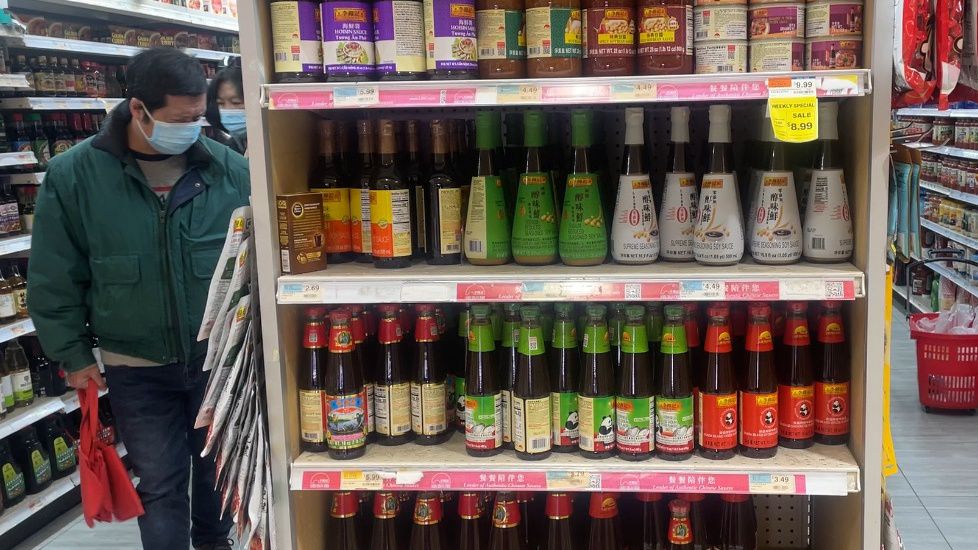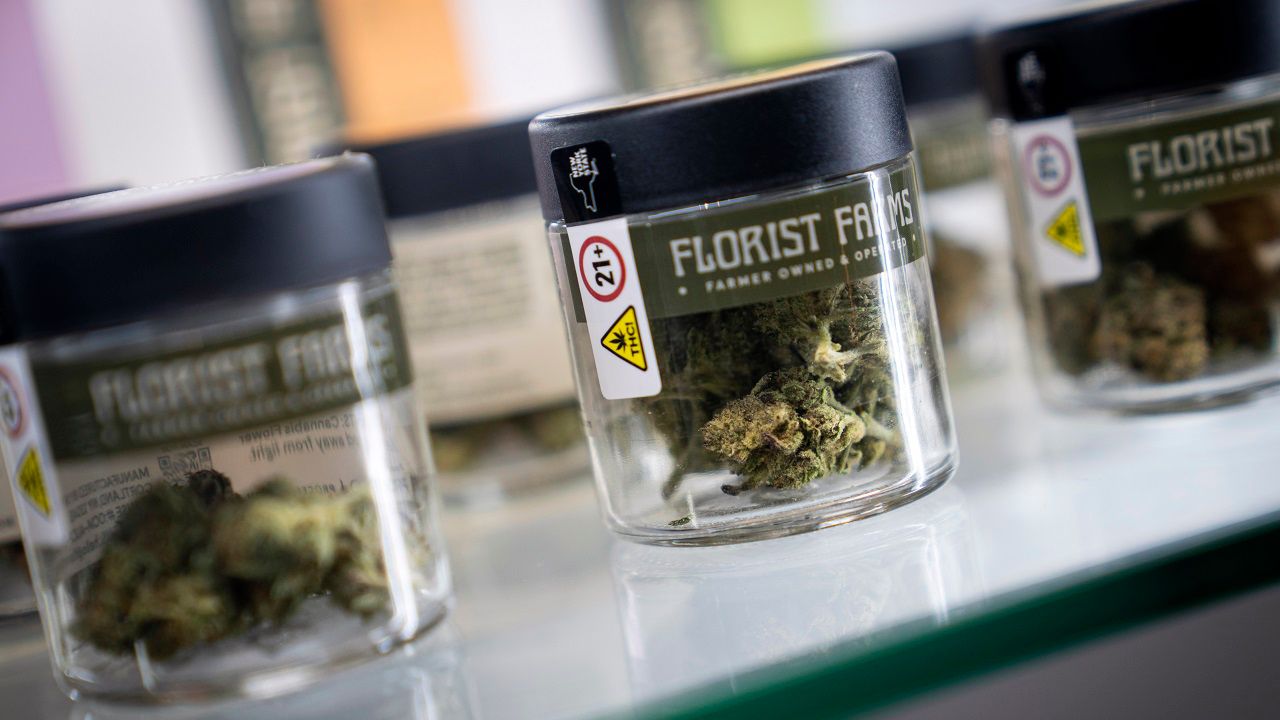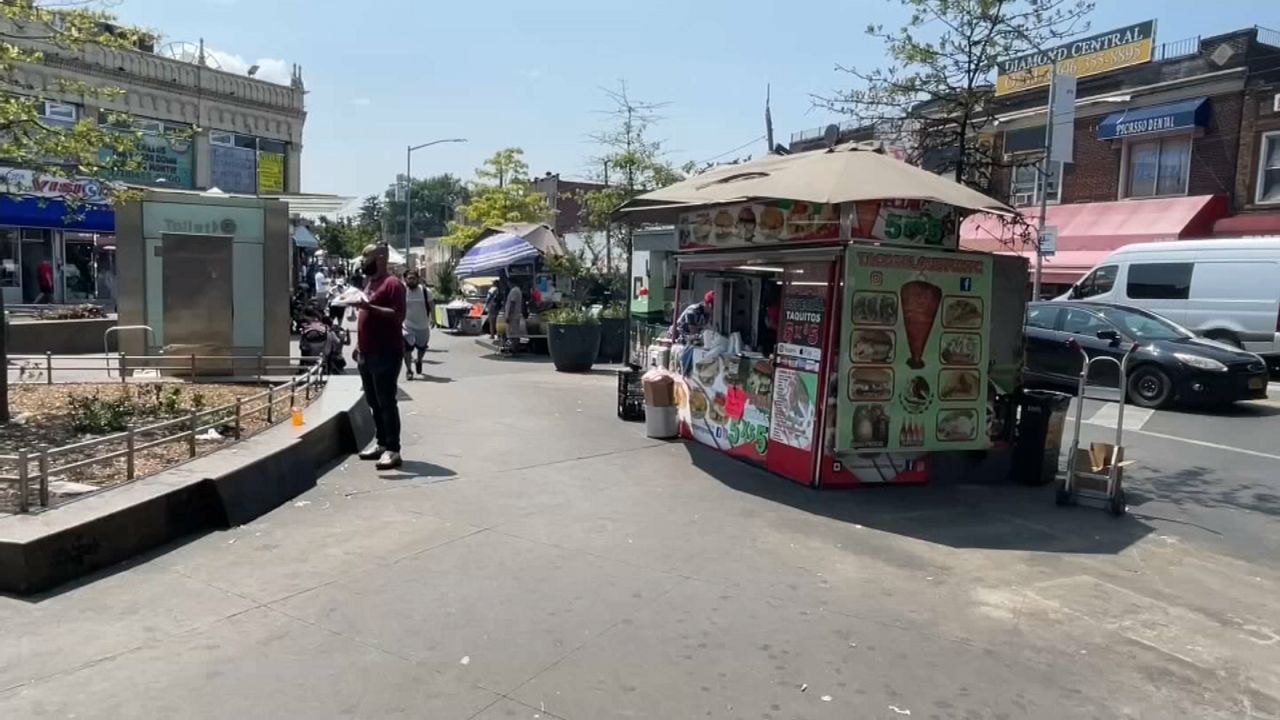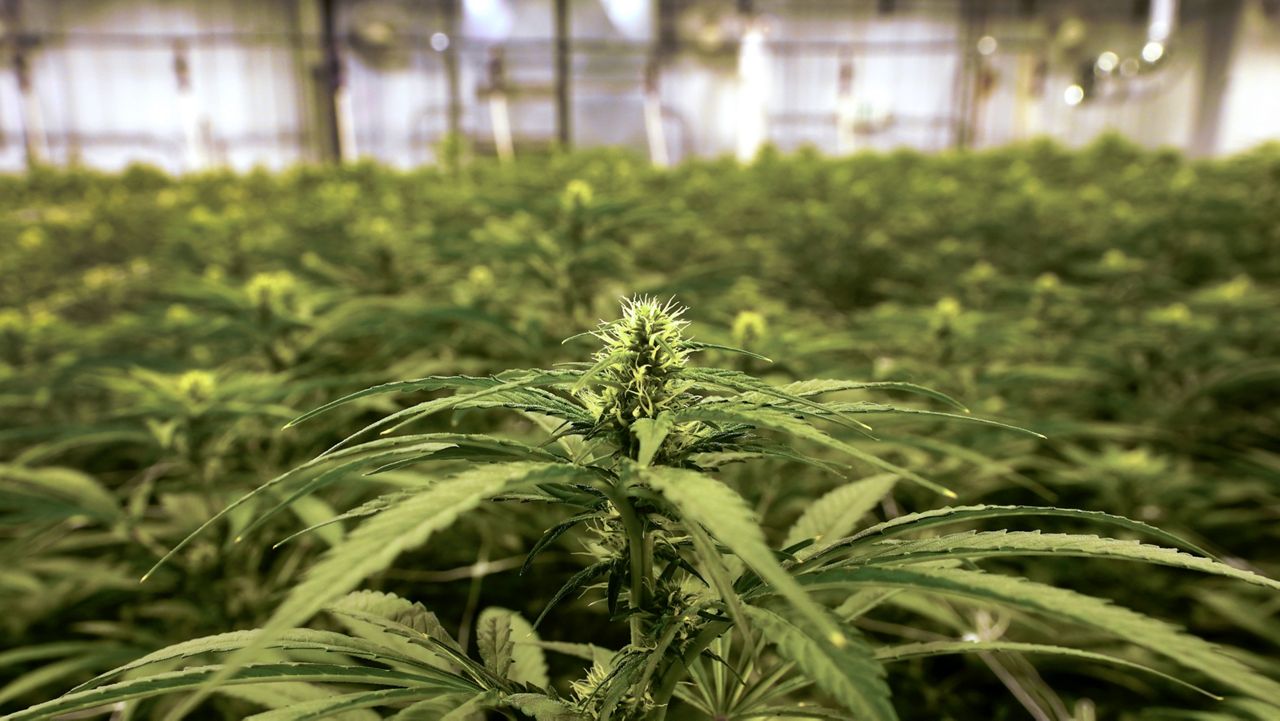A large percentage of the population in Flushing, Queens was either born in China or has roots in China — and the stores and restaurants reflect that heritage.
Many businesses that import goods from China are already being squeezed by President Donald Trump's tariffs on imported goods from China.
What You Need To Know
- Many stores in Flushing, Queens are already seeing prices going up because of President Donald Trump’s recently-imposed tariffs
- The trade war between the U.S. and China heated up Wednesday. China retaliated against Trump’s 104% tariff on Chinese goods, bringing the total tariff on U.S. goods to China to 84%
- Businesses in Flushing are trying to decide if they’re going to have to raise prices for their customers
Downtown Flushing has a bustling business corridor centered near the intersection of Roosevelt Avenue and Main Street that’s made up of mostly Chinese businesses, including New York Digital City.
“We fix phones,” store manager Sabrina Wu said. “And we fix laptops. We sell iPhones.”
Like most businesses nearby, they import many of their goods — largely electronic devices and accessories — from China.
Flushing is known as the city’s other big Chinatown. According to data released by the city, more than 70% of the roughly 16,000 residents in the retail core are Asian-born. Most of them are from China.
Many stores in Flushing are already seeing prices going up because of Trump’s recently-imposed tariffs.
US 1 Supermarket store manager Jing Jing told NY1 vendors informed the store that their prices are going up due to the tariffs.
The same is true for New York Food and Herbs, located across the street.
“It’s very higher,” manager Mandy Ng said.
The trade war between the U.S. and China heated up Wednesday. China retaliated against Trump’s 104% tariff on Chinese goods with a number of countermeasures, including adding a 50% tariff that takes effect Thursday, which will bring the total tariff on U.S. goods to China to 84%.
Businesses in Flushing are trying to decide if they’re going to have to raise prices for their customers.
“We decided not right now,” Ng said.
“It depends on the boss,” Wu added. “They don’t want to put a lot on the customer. Sometimes as business owners… we have to take out some of our profit to make it balance.”
According to the city, the Chinese immigrant population in Flushing overtook Manhattan's Chinatown years ago. And both neighborhoods took big hits from the pandemic, with many would-be consumers staying away because of fears COVID came from China.
Now, business owners are worried the escalaing trade war puts their recovery in jeopardy.



_CC_PKG_Manufacturers_Tariffs_133971722_389)

 Pkg Corona Street Vendor Deal Clean)
 PKG cannabis dispensary on hold CG)

